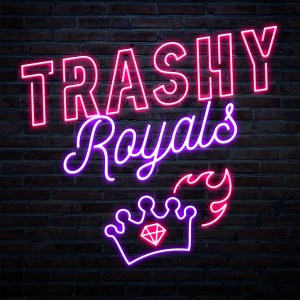
12. The Time The Dutch Ate Their Prime Minister
 2023-06-29
2023-06-29
For the Dutch Republic, 1672 was a series of existential catastrophes that nearly saw the nation swallowed by France's Louis XIV. But the internal push and pulls that culminated in the brutal murder and partial consumption of the man who'd run the place for a couple of decades actually began much, much earlier, when Martin Luther (perhaps) hammered his Ninety-Five Theses into a church door, sparking a flowering of dissonant thought across Europe, as well as a brutal regime of repression to try to tamp it down.
Across the 80 year struggle for Dutch independence from Spain, a succession of Princes of the House of Orange ably managed the country's political and military affairs. But once the war ended, Dutch nobility preferred to decentralize power through a Republican model of government, putting the House of Orange and its supporters on the margins. This went pretty well, right up until it didn't, and as the calamities of 1672 unfolded, public anger against the longtime administrator of the country, Johan de Witt, grew into the kind of blind rage that leads to dangerous mob violence. In The Hague that August, it led all the way to cannibalism.
Learn more about your ad choices. Visit megaphone.fm/adchoices
More Episodes
 2024-10-17
2024-10-17
 2024-09-26
2024-09-26
 2024-09-19
2024-09-19
 2024-08-01
2024-08-01
Create your
podcast in
minutes
- Full-featured podcast site
- Unlimited storage and bandwidth
- Comprehensive podcast stats
- Distribute to Apple Podcasts, Spotify, and more
- Make money with your podcast
It is Free
- Privacy Policy
- Cookie Policy
- Terms of Use
- Consent Preferences
- Copyright © 2015-2024 Podbean.com




